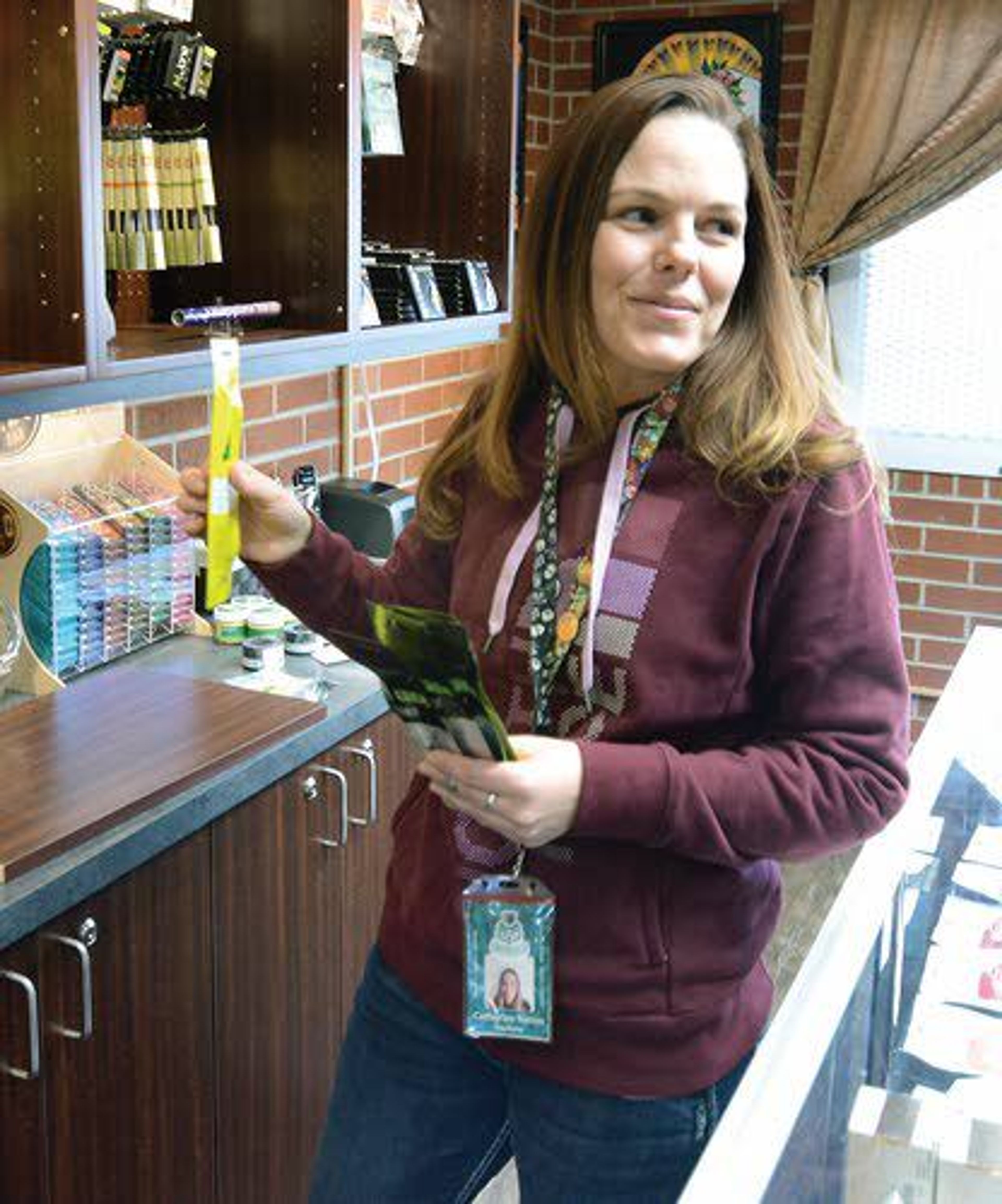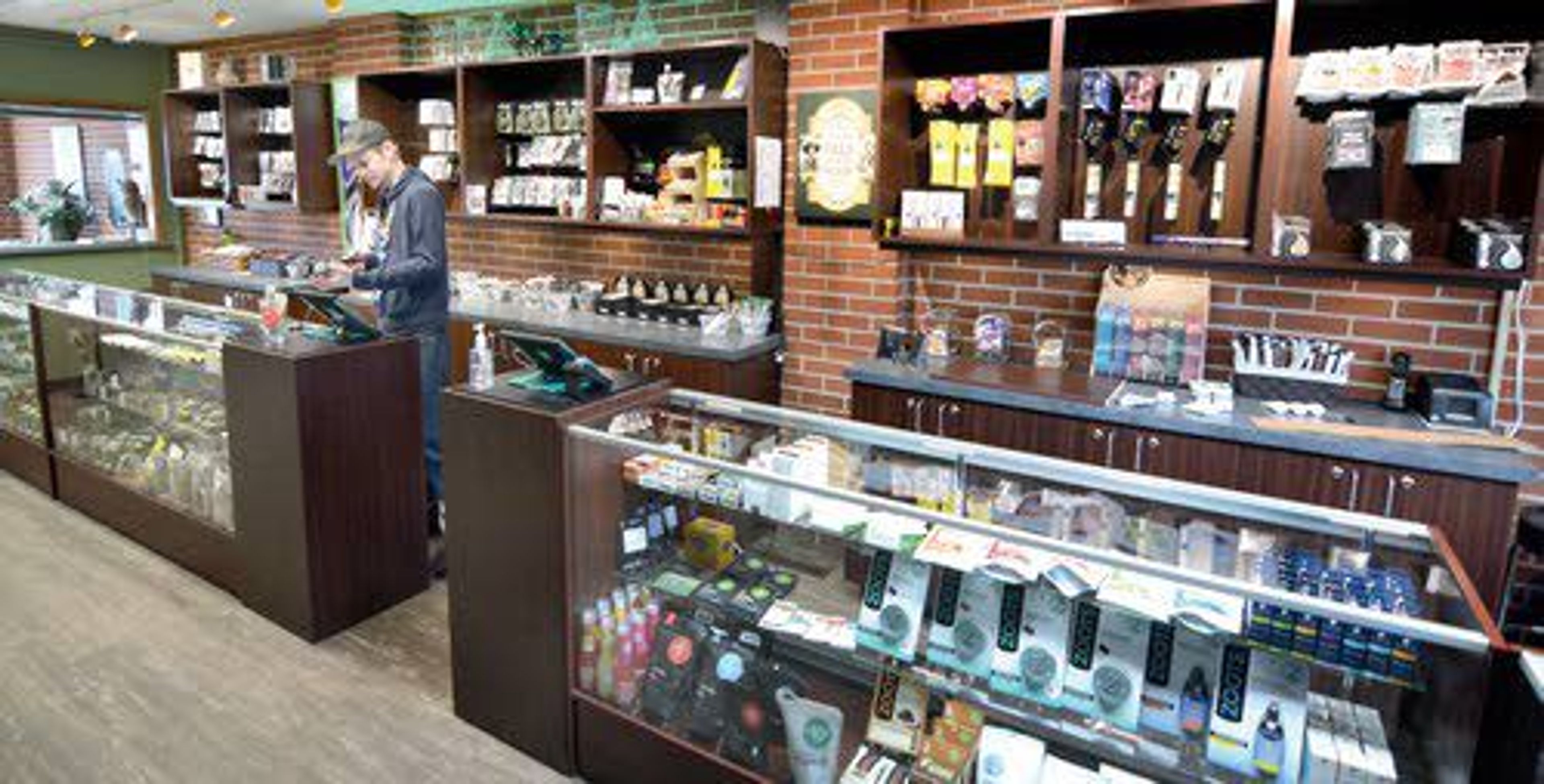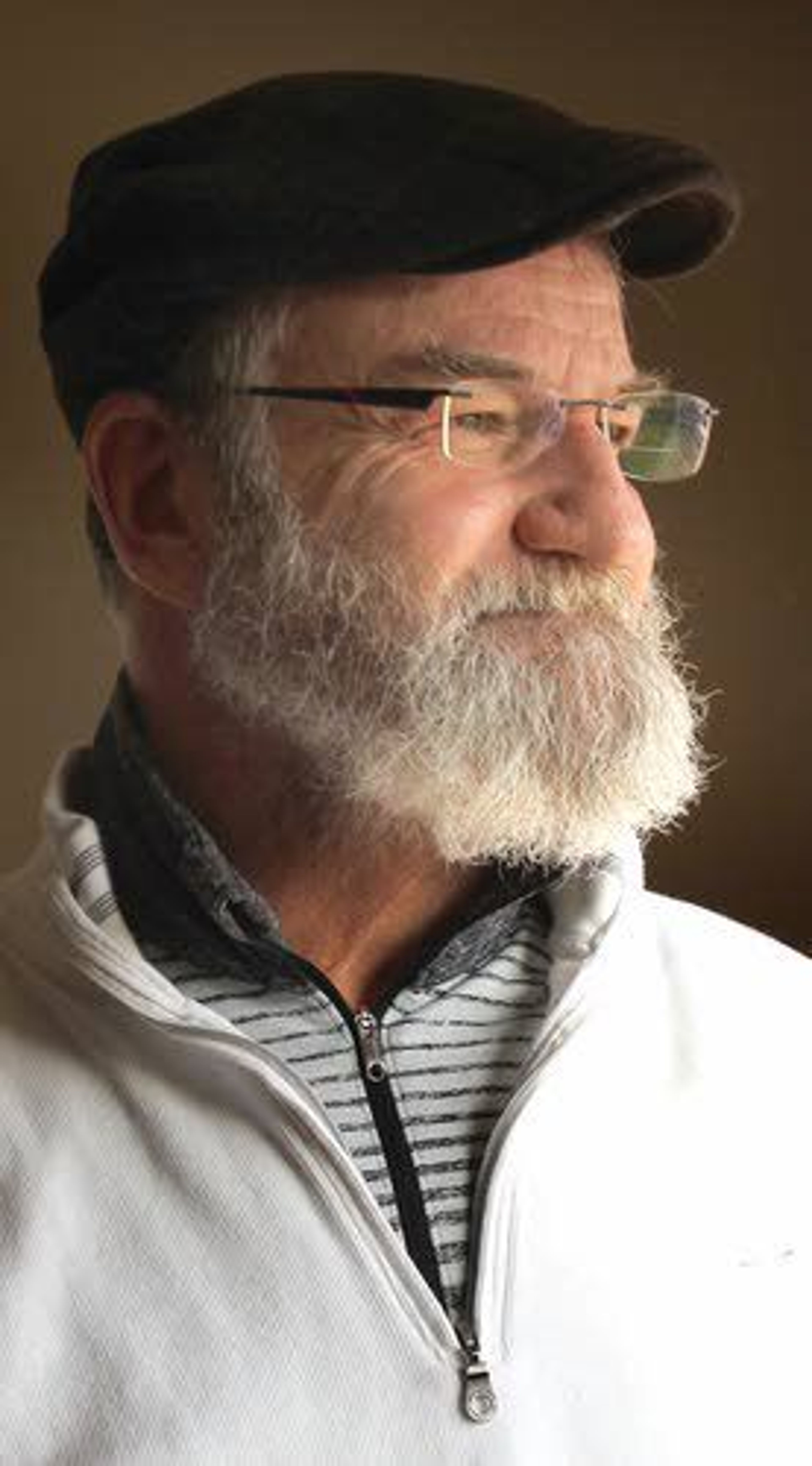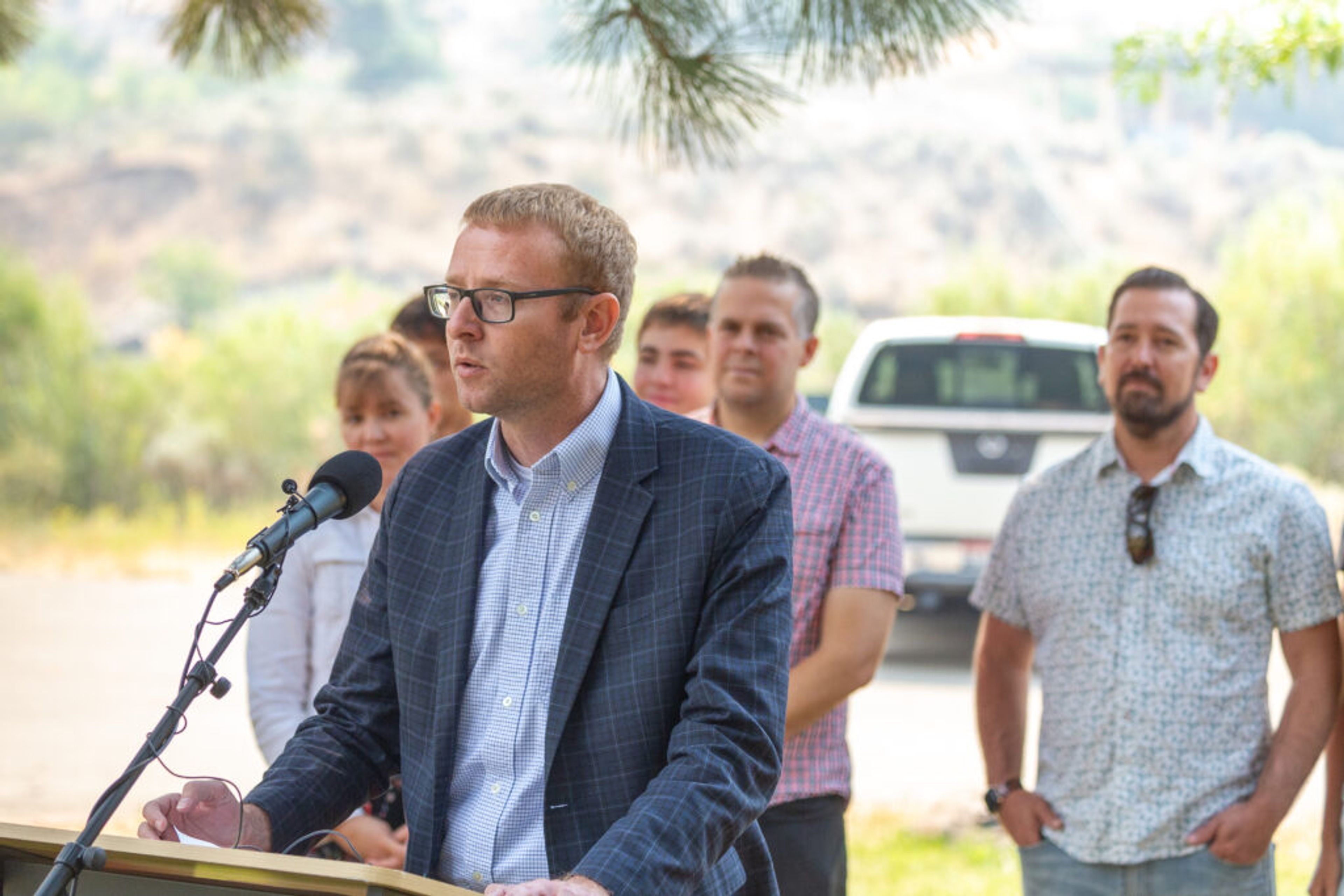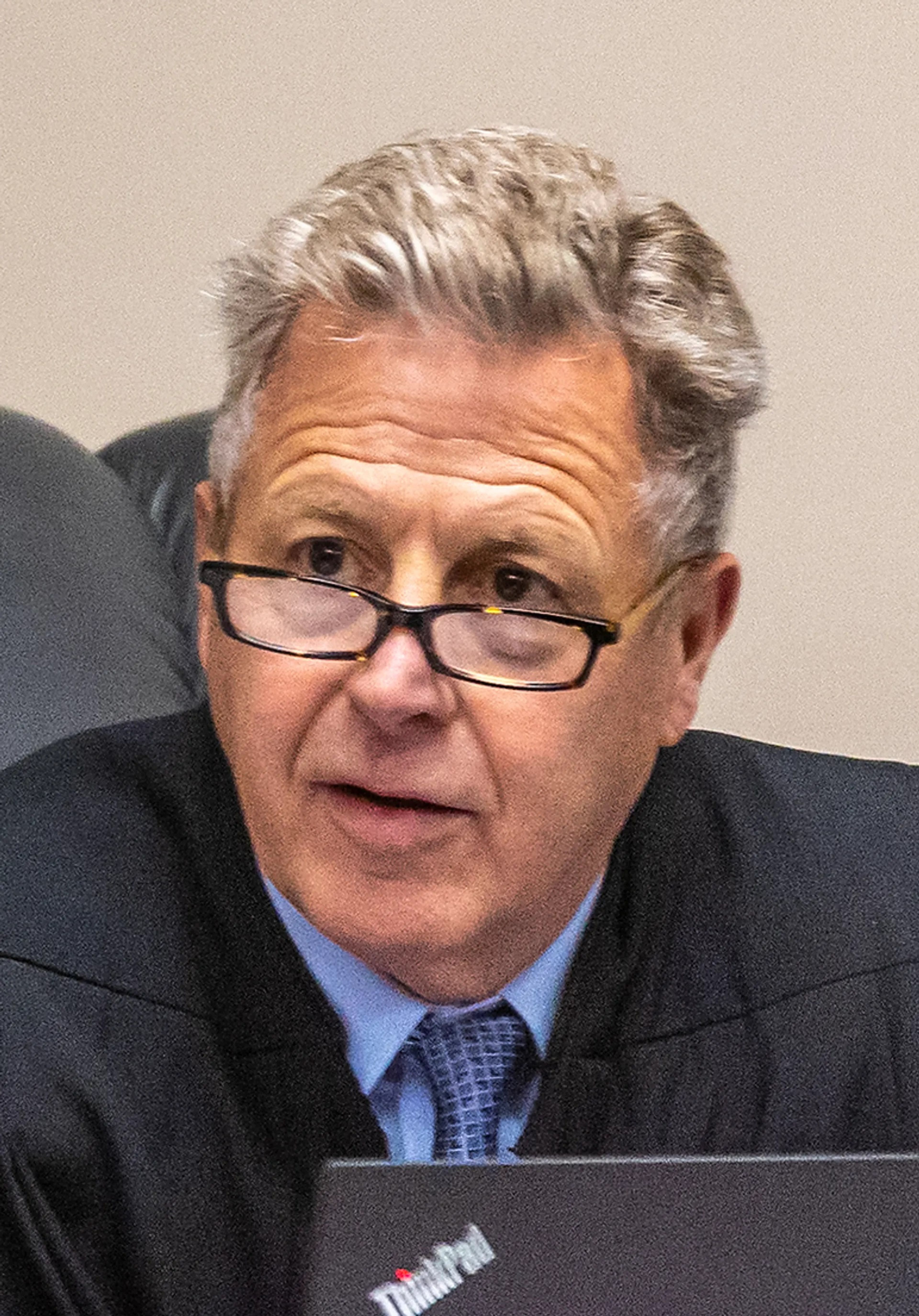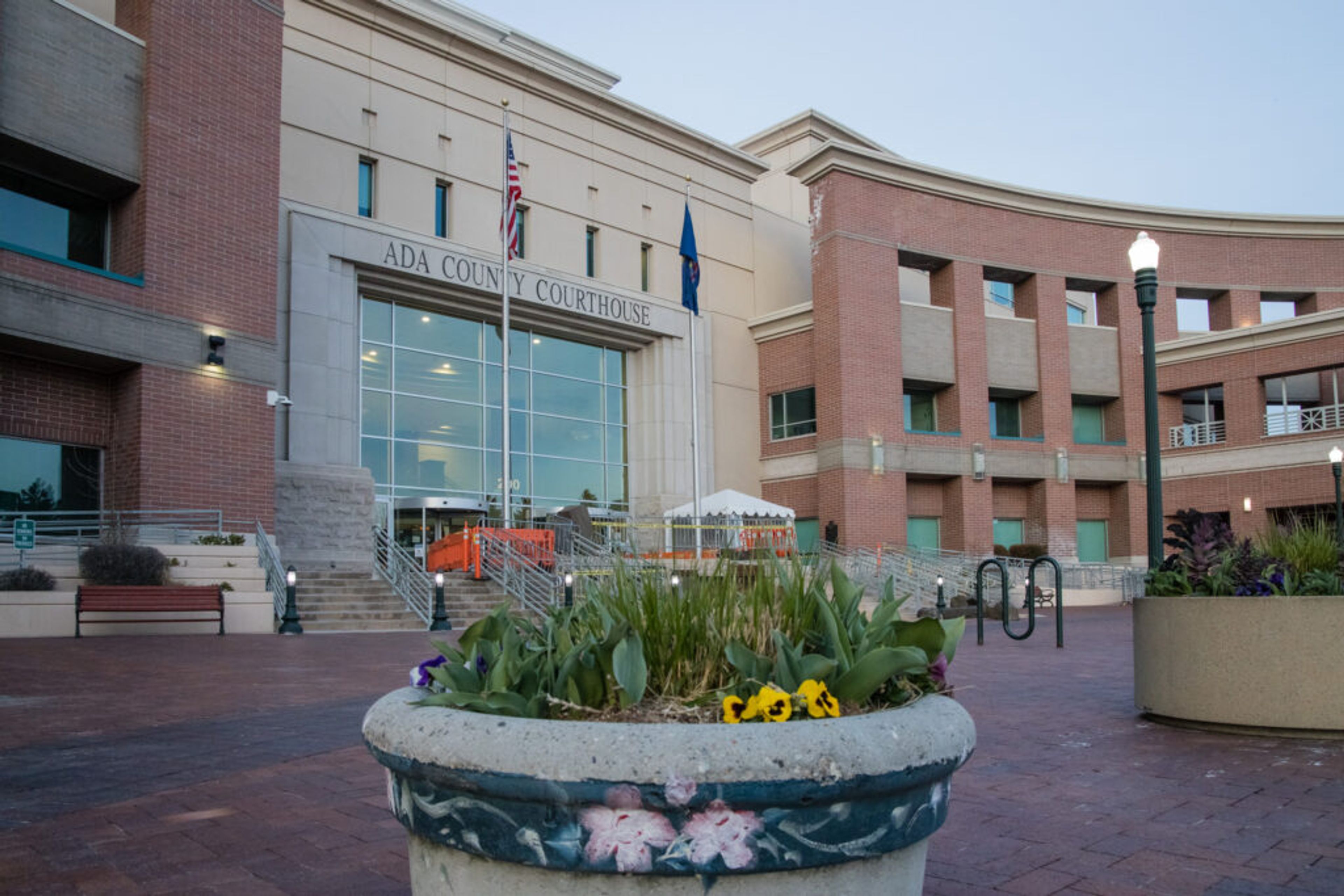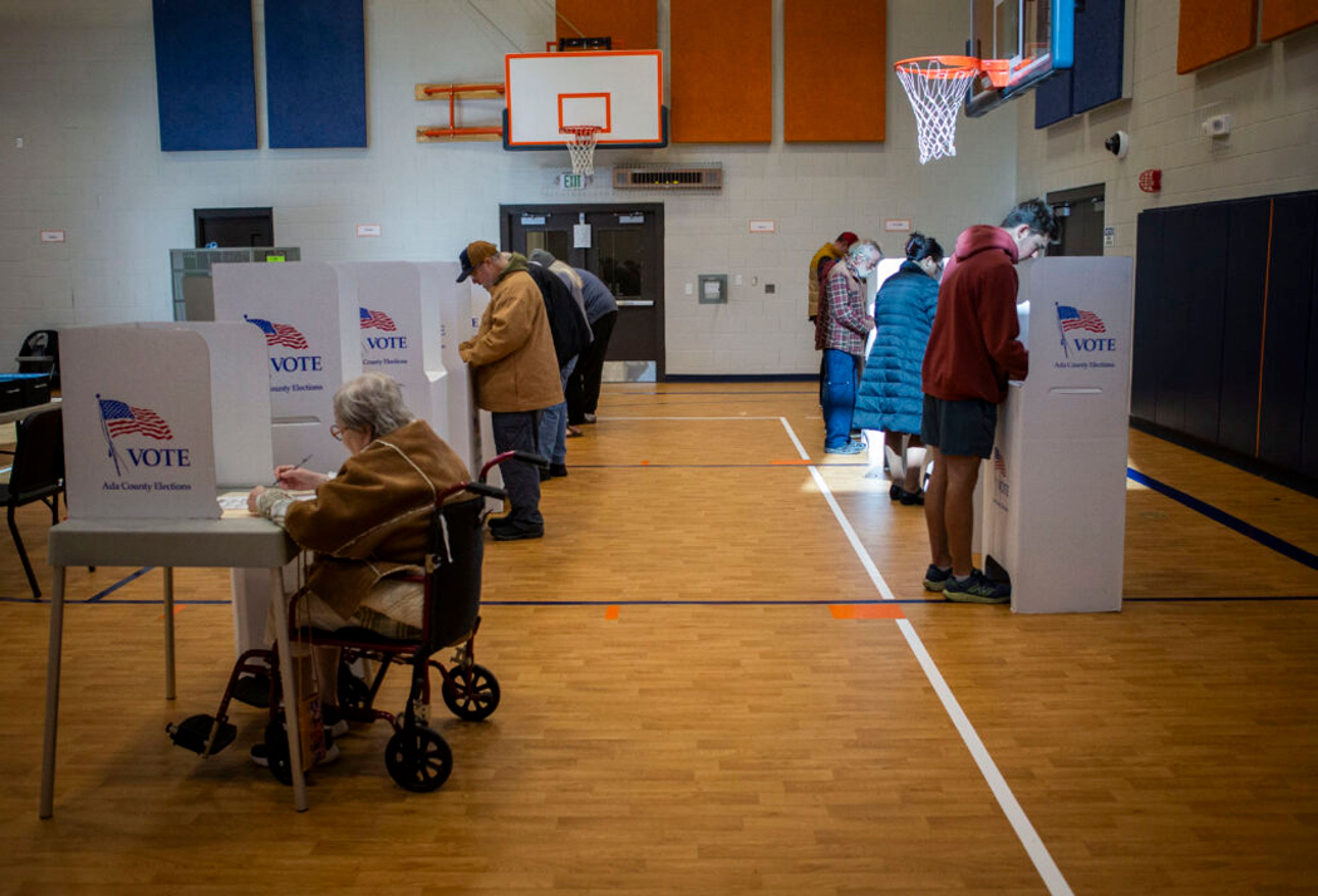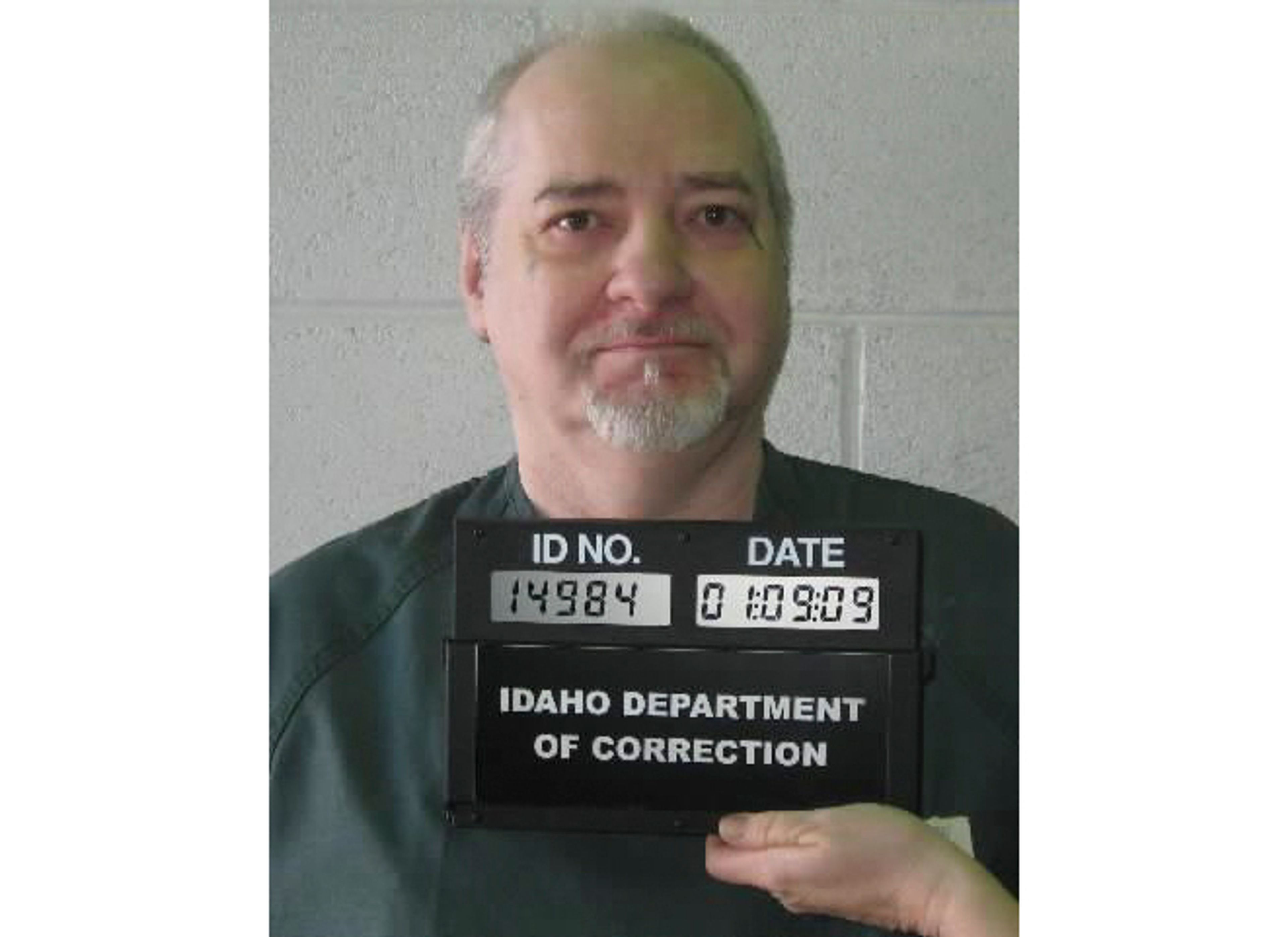Mellowing about marijuana?
While some stigma remains about pot, some of the passions seem to have cooled since recreational marijuana was legalized in Washington
It's 9 a.m. on a Friday and several people are lingering outside Greenfield Company, waiting for the marijuana store to open.
After the doors are unlocked, they hurry inside the Clarkston business and show their IDs.
A chalkboard menu listing sativas, indicas and hybrids hangs on a brick wall above the bongs and pipes for sale. Glass shelves are stocked with buds, pre-rolled joints and a wide variety of edibles, oils and tinctures.
Some people wouldn't be caught dead here.
Recreational marijuana can still be a touchy topic in this rural corner of the state, but it's not creating the frenzy it once did.
When legalization of recreational pot was on the ballot in 2014, the vote in Asotin County was almost evenly split between fans and foes.
For more than a year, Clarkston City Council meetings were packed with people representing both sides. The city's ban on the stores eventually led to political upheaval and a new slate of councilors who immediately removed the roadblock.
Inside the stores, the atmosphere is far less charged than past public meetings on the issue. Clarkston's two cannabis retailers have been in business since January 2016 and sales are steady.
At Greenfield, customers ask the "budtenders" if the muscle rubs will make them high or if there's a safer alternative to alcohol, opioids and antidepressants.
As they ponder the products, it's clear some people know exactly what they want and others are new to the weed world.
The people behind the counter are quick to point out they are not medical professionals.
"Catering to people's needs is what we do," said David "Shep" Vache, a 27-year-old Spokane native. "We ask and answer lots of questions."
A similar scene is taking shape across the street at a former armory that's been converted to a cannabis store. Canna4Life is now serving 500 to 700 customers on a busy day, said owner Kelly Jackson.
The two downtown shops are raking in a combined $250,000 a month in excise taxes, which goes straight to Washington state coffers. A much smaller amount trickles down to cities and counties. Clarkston will receive $11,429 in excise taxes for the current fiscal year (July 1, 2016-June 30, 2017) while Asotin County will get $17,144, according to City Clerk/Treasurer Vickie Storey.
'Anyone who's chasing a high is trying to treat a low'
The shoppers at Greenfield and Canna4Life come from all walks of life and range in age from 21 to 91.
"It's fun to see people's birth dates," Vache said. "The other day I had an 84-year-old man in here who looked fantastic. I thought he was about 60. He's been smoking since the '70s."
Some of the regulars fit the age-old stoner stereotypes, but there's also a lot of baby boomers and college students checking out the merchandise.
"It's not just guys with dreads," said Catherine "Cat" Nieves, a 37-year-old mother of three and a Greenfield employee. "I get grandmas calling me everyday."
Dr. Jayme Mackay, a retired Clarkston physician, said it's unfortunate cannabis isn't in the mix, long before someone is dying and desperately searching for a last-ditch way to ease their pain.
Mackay has become a student of cannabis and an advocate in recent years. After extensive research, the medical professional is wholeheartedly convinced it's far less dangerous than alcohol or many pharmaceuticals.
"It's not killing anyone," Mackay said, "unlike sleeping pills, alcohol-fueled domestic violence and many other things that can be directly linked to deaths."
Mackay, a general practitioner for 33 years, said his conclusions were not well accepted in the medical community when he first started talking about the science behind his findings. Many physicians haven't been properly informed and weren't open to the concept that cannabis is safer than painkillers and alcohol.
"During the last five years, I prescribed as much as I could."
He became interested in the drug after his oldest daughter, Cayleih, was diagnosed with dystonia, a state of abnormal muscle tone resulting in spasms and abnormal posture, typically due to neurological disease.
Now 29 and living in California, the young woman responded well to cannabis and convinced her father to take a closer look at the option.
He's since joined the ranks of daily users of various cannabis products. The retiree said it relaxes him, much like another person's nightly glass of wine.
"In my opinion, there's no such thing as recreational marijuana," Mackay said. "It's all medicinal. Anyone who's chasing a high is trying to treat a low."
Although it's still illegal at the federal level, Mackay is not overly concerned about the legalization of marijuana being reversed by Republican Donald Trump's new administration. Conservatives usually place a high value on state's rights, he said.
But he agrees there's still some social stigma attached to marijuana, especially among his generation.
"You have to be pretty secure in your environment to smoke cannabis," said the 60-year-old Clarkston resident. "There shouldn't be any shame, but people were taught it was a gateway drug and for our generation, use of cannabis is uncomfortable. I don't think we will outlive the stigma."
Retired educators, law enforcement and community leaders who legally use marijuana are likely grappling with some degree of hypocrisy, Mackay said. For years, they preached about the harmful effects and now they've discovered its benefits.
'I function just fine with it'
Nieves has been a recreational pot user for years, but she's always kept it under wraps. Now that it's legal, she still won't smoke pot in front of her kids.
"It's very private," Nieves said. "I don't know why. I'm not ashamed of it. I drink in front of them and I'm way less proud of a drunk night. I don't have any of those embarrassing moments with marijuana."
When asked if she feels comfortable bringing marijuana to a social gathering, Nieves smiles.
"Depends on who is having the party," she said. "I always have some in my pocket. Once they find out where I work, I'm usually surrounded by people and asked a million questions. There's a lot of interest out there."
Nieves said she loves working in the cannabis industry and feels like it's the first time she's been 100 percent authentic.
"I don't have to put on my society suit and pretend to be someone I'm not," Nieves said. "That's the best thing about coming to work here."
Although some people may judge her, Nieves said she hasn't had any problems with family and friends since she embraced cannabis and went public with her beliefs about its benefits.
A former office manager and medical coder, Nieves said she's always been employed and considers herself a responsible adult. In addition to raising kids, she runs and backpacks and strives to lead a healthy life.
"I'm all natural," she said. "To me, this is the same as the lemon balm or chamomile in my cupboard. I function just fine with it."
Vache works at Greenfield and Hogan's Pub, which gives him a unique perspective on people who indulge in marijuana or sit on a barstool drinking beer.
"In my opinion, marijuana is less detrimental to the body, and I see both sides," Vache said. "We know people who have successfully kicked their booze habit with cannabis."
He smokes pot on a daily basis, but never before work. Store policy prohibits marijuana use prior to a shift, Vache said.
"For the 'Reefer Madness' generation, there is still a slight stigma," Vache said, "but for my generation it's more accepted than going out and getting tanked every night."
'Our goal is to empower our youth with knowledge'
Of course, not everyone is as passionate about pot, and recreational marijuana can still land you in jail in the majority of states, including Idaho.
Kristi Sharpe, the community coordinator for the Clarkston Empowering People and Impacting Choices coalition known as EPIC, said her group supported the city's ban, but now they're taking a broader view.
"As a coalition, our greatest concern is not whether or not we have pot shops on main street in Clarkston, but rather how well our kids are managing their stress and anxiety in life," Sharpe said.
"Our goal is to empower our youth with knowledge to not just cope with life, but thrive. Having said that, we know that community norms favorable to drug use reduces their perception of harm and a prevalence of drugs in a community is a risk factor for underage use."
Sharpe said Clarkston EPIC hopes to partner with the local cannabis stores to bring awareness to the consequences of providing marijuana to minors; not just legally but also from a public health standpoint.
"EPIC understands the business owners do not want marijuana in the hands of youth either, so we believe this would be a win-win. As a community we all need to work together to create a more protective community for the well-being of our youth."
---
Sandaine may be contacted at kerris@lmtribune.com or (208) 848-2264. Follow her on Twitter @newsfromkerri.
